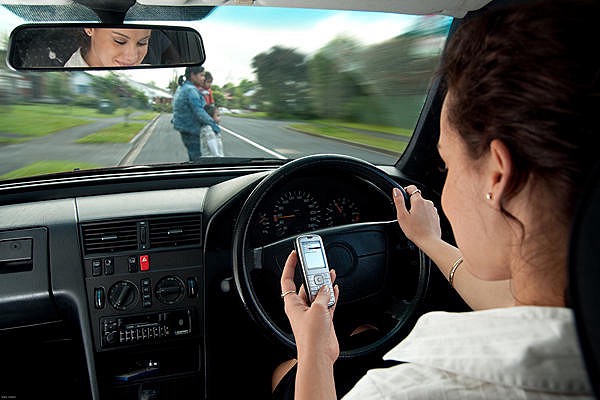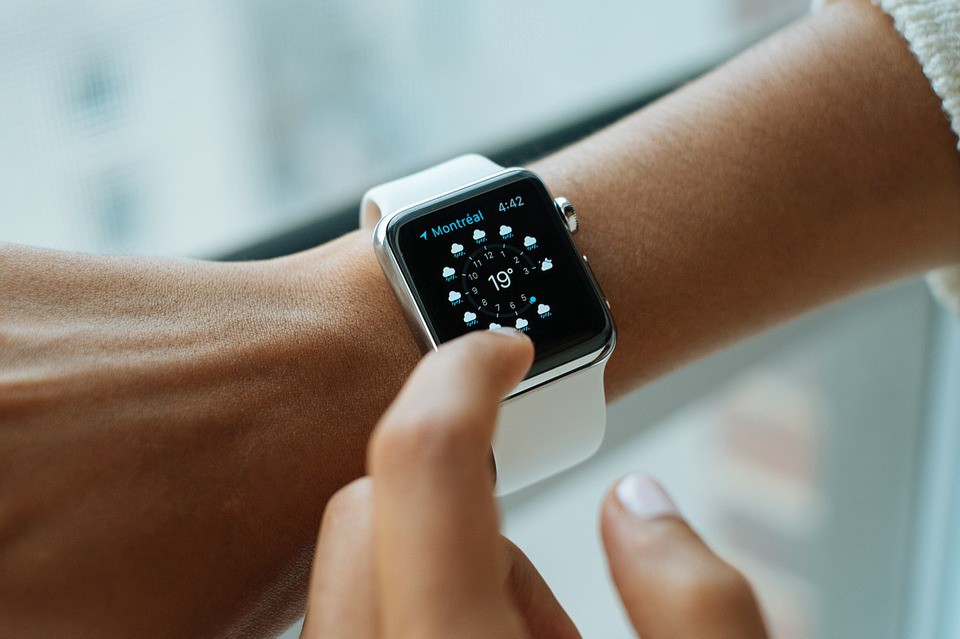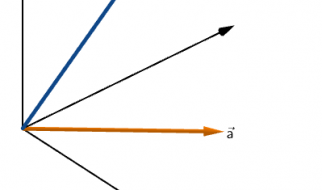 Image from publicdomainpictures.net (CC)
Image from publicdomainpictures.net (CC)
In a recent discussion about the internet of things, a group of friends and I entertained the idea of one day being able to wake up in the morning and walk into our smart kitchens with our breakfast served and coffee made by friendly robots. We would then be driven to work by our smart cars while we relax and read the paper. Surprisingly, the thought of this scared me more than anything. As great as it sounded, I could think of nothing lazier. I thought about how google has completely eliminated the idea of traditional research. Hours that our parents spent in libraries researching for essays would take us ten minutes with a functional search engine. Has technology made us more lazy then? Has the digital age made our minds weaker and deep thinking impossible?
 Image from MaxPixel (CC)
Image from MaxPixel (CC)
?Technology makes us weaker!?
In response to this question, Dominique Jackson snarkily writes that in the near future, Boy Scouts will be teaching kids how to use a GPS instead of a compass. His thinking is that with every new release of technology, we become less physically active and more reliant on a screen, fearing that one day we will be the space humans in Wall-E who hover around on chairs, the epitome of laziness. Dominique is not alone in these fears though.
On his blog, Andy writes that technology makes us weaker socially, physically, and mentally. He points out that technology has led to less face-to-face communication. It has also allowed us to remain sedentary for longer periods of time. Andy?s gripes are very common among those who dissuade against the overuse of technology. The underlying feeling among this group is that technology allows us to not do things that we were forced to do before. Their biggest fear is that if we continue to rely on technology, we will reverse all the progress we have worked so hard to achieve.
Something seems missing in these arguments however. Hasn?t technology enabled us to do things that we have never been able to do before? Where would we be without the computer? Man would not have made it to the moon. Traffic would be horribly inefficient. We would still commute by boat. If technology is bad, how do you explain all of this?
The answer is in how we use technology. How many Netflix show have you binge watched in the last month? How many hours do you spend hopelessly scrolling on the internet? According to Reader?s Digest, binge watching may be worse than we think. Research from the American Heart Association suggests that watching more than three hours of television in a day doubles a person?s risk of premature death. So Andy?s fears were valid. Technology put to poor use can have negative effects.
 Image by cwazniak from flickr.com (CC)
Image by cwazniak from flickr.com (CC)
Our Obligation To Use Technology Ethically
Technology, while not innately bad, can be abused. After the advent of the Tesla autopilot, numerous drivers were caught sleeping or texting while driving, some resulting in crashes. As a result, various authorities called for a ban on the use of the word auto-pilot in Tesla ads. The thing is, this technology was not meant to harm anyone. Technology cannot (yet) harm anyone by itself. Because of this, it is our responsibility as owners of technology to use it ethically. For example, technology is not always perfect. Computer systems have glitches. Because of this, we should always be wary when using technology that can affect other people. The whole point of technology is convenience, but when we use technology in a way that disrupts others, it defeats the purpose.
 Image by FancyCrave1 from PixaBay (CC)
Image by FancyCrave1 from PixaBay (CC)
Put to good use, however, technology has been shown to have positive effects on its users. While Andy may have worried that technology will make us physically weak, he does not have much to fear. Technologies like FitBit and smartwatches encourage healthy living habits by keeping you on your feet and tracking sleep cycles in order to ensure a good night?s sleep. On top of this, Kristen from Gizmodo writes about the results from a UCSF study that suggest smartwatches may also have the ability to detect heartbeat abnormalities. If this is true, then smartwatches will have taken a leap beyond general fitness health.
Does technology weaken communication Skills?
Opponents of technology also fear that recent technology worsens our ability to socialize directly with other people. This, however, is another case of too much of a good thing being a bad thing. Sure, if you do all of your communication through Facebook messenger, you may need to reevaluate your communication strategy, but communication technology has largely produced more good than harm. Laurel Storm lays out four ways communication technology has succeeded:
- Keeping in Touch: Communication brings people together and allows for the issue of distance to be negligible.
- Doing Business: Companies more than ever before have the ability to expand their markets beyond their local base. Business networking has also been made easier with websites like LinkedIn
- Overcoming Disabilities: Technology has brought communication to disabled people where it was not possible before through things like hearing aides and speech generating machines.
- Reaching a Broader Audience: The internet has provided the ability to reach the broadest audience yet though mediums like YouTube and Facebook.
In the end, technology clearly has both good and bad uses. Of course people will always find a way to abuse technology, but when put to good use, it can have profound impacts. Above, I have shown you several examples of how technology has had positive impacts on our lives but certainly many more exist. As always, too much of a good thing can be a bad thing. When it comes to technology, its negative aspects really only appear when its users become irresponsible with its use.
Growing with Digital Society
As a lover of technology, a class called ?The Digital Society? obviously had immediate appeal to me. It wasn?t until after signing up that I thought, ?maybe I know it all? Maybe this class is for beginners?? Of course karma met this arrogance as I was perplexed after only the first class. Before this class, I had never thought very critically about technology, but when we were asked ?has technology changed everything?? I was speechless. Of course it has, but how? Through the rest of the sessions, questions like these helped me develop a style of critical thought regarding the digital age.
One of the biggest challenges I faced this unit was understanding all of the ethical implications technology can have. Before I had seen technology only as a good thing. Little did I know, technology is not always all positive. It can have large impacts on real people. In our discussion on the internet of things I was given an awareness for the ethical dilemmas of automation and surveillance. What happens when robots replace our jobs? Is it alright for devices to have access to private information? These thought processes continued to shape my view of technology for the rest of this class. For instance, I recently read an article on the automation of the London underground. Most people see this as the future of the city and an amazing idea. However, the train drivers think otherwise as their jobs are at stake. Because of this class, it is in instances like these where I ask, ?who really wins and who loses?? I experienced this same question as we discussed smart cities and automation.
Additionally, I also gained an in depth understanding of copyright. Before this class, I had never posted publicly and therefore did not have to think about source issues. Learning this whole process of proper attribution has proven to be a valuable skill to me as I prepare to enter the professional world where attribution is expected.
As a computer science student and worker, this class felt very relevant to me. Thinking ethically about my work is something completely new to me. On one hand it puts more pressure on me as a professional to be aware of what I am making and how it affects others. On the other hand, it gives my job another level of importance to me. When I go back to my job this summer, I plan on taking these critical thinking skills and applying them to my work. I want to perpetually ask questions like, who is this affecting? Is this efficient and usable? When I answer no, I?ll know I can do a better job since efficiency and convenience is the whole point of technology.


